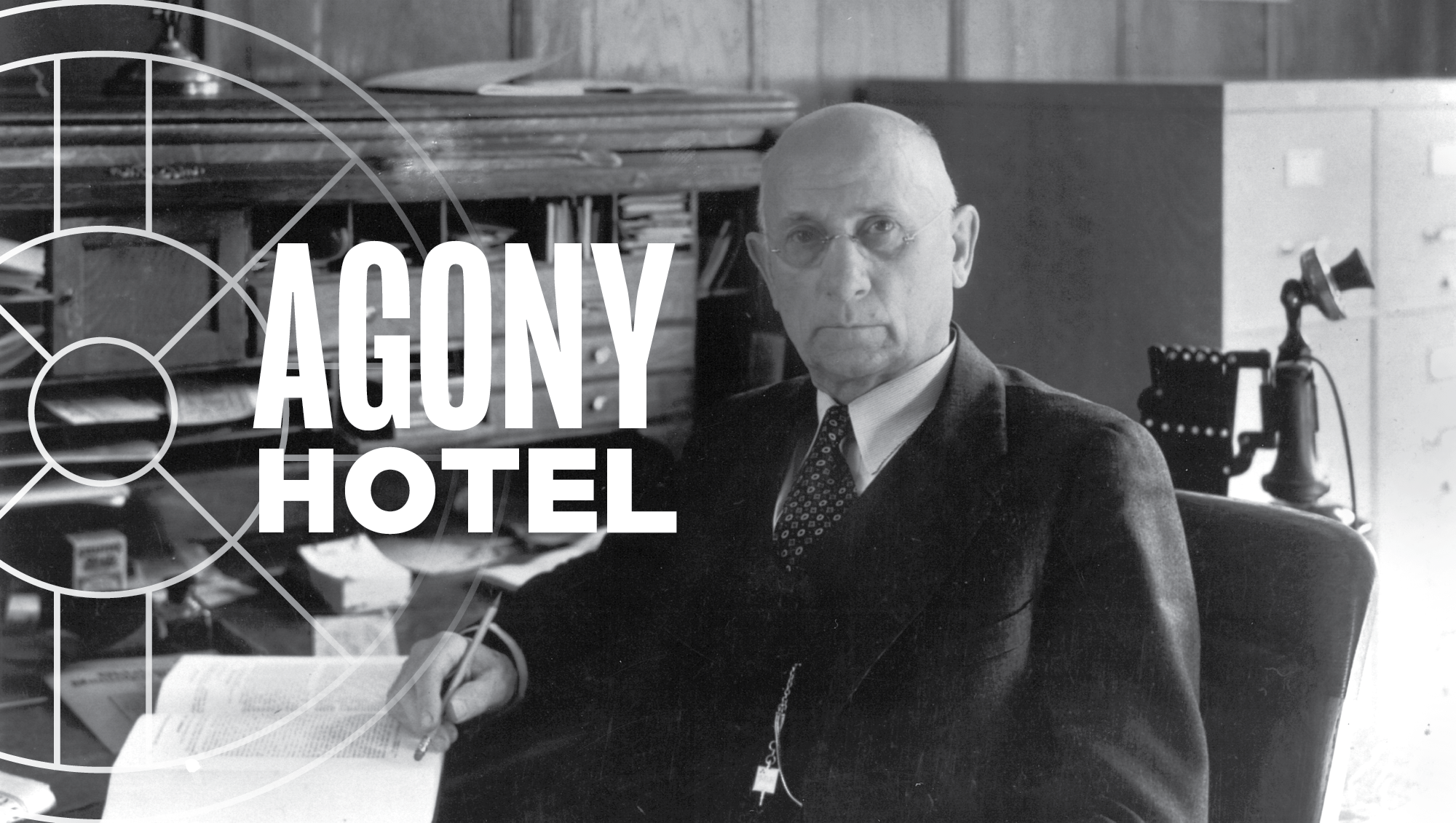
Julien Monnet’s initial visit to the University of Oklahoma in 1909 was far from welcoming. The university sought a leader to establish its nascent law school, and Monnet, a promising legal scholar, was invited to consider the position. However, his first impression of Norman and the university left him deeply skeptical of the opportunity.
Arriving by train on an oppressively hot day, Monnet later recounted that the temperature reached 114 degrees, a detail he often repeated. The extreme heat, coupled with the rudimentary accommodations at the Hotel Agnes—later referred to by Monnet as the “Agony Hotel” due to its discomfort—set an inauspicious tone for his visit. The hotel lacked proper ventilation, making it nearly unbearable, and undoubtedly contributed to his immediate reluctance toward Norman.
Conditions at the university did little to improve matters. Just two months prior to Monnet’s arrival, the institution’s main administration building had burned to the ground, leaving much of the campus in a state of disorder. The image of a school struggling to organize itself amidst this setback was not one that inspired confidence. The prospect of building a law school from scratch under such circumstances must have seemed an overwhelming challenge.
“There is not enough money in the whole state to induce me to accept a position in Oklahoma!”
By the conclusion of his visit, Monnet made his stance clear. He unequivocally stated to his wife in a letter following the visit, “There is not enough money in the whole state to induce me to accept a position in Oklahoma!” It was a declaration that left little room for negotiation, and it appeared that his decision was final.
However, despite his initial resistance, Monnet ultimately reconsidered. Whether it was the university’s persistence, the opportunity to shape a law school according to his vision, or a realization of the potential for legal education in Oklahoma, he changed his mind and accepted the position. Thereafter, on August 24, 1909, Dean Monnet officially accepted the Board of Regents offer and arrived in Norman roughly a week later.
His tenure as dean would go on to define the trajectory of the law school, elevating it to national recognition and producing generations of legal professionals who contributed significantly to the field.
His recollections of that first visit remained vivid throughout his career, often shared as an anecdote of his reluctant beginning. However, beyond the initial discomfort and skepticism, Monnet’s courageous decision to embrace the role demonstrated his dedication to the development of legal education. His leadership and vision laid the foundation for the University of Oklahoma College of Law, securing its place as a distinguished institution for years to come.
